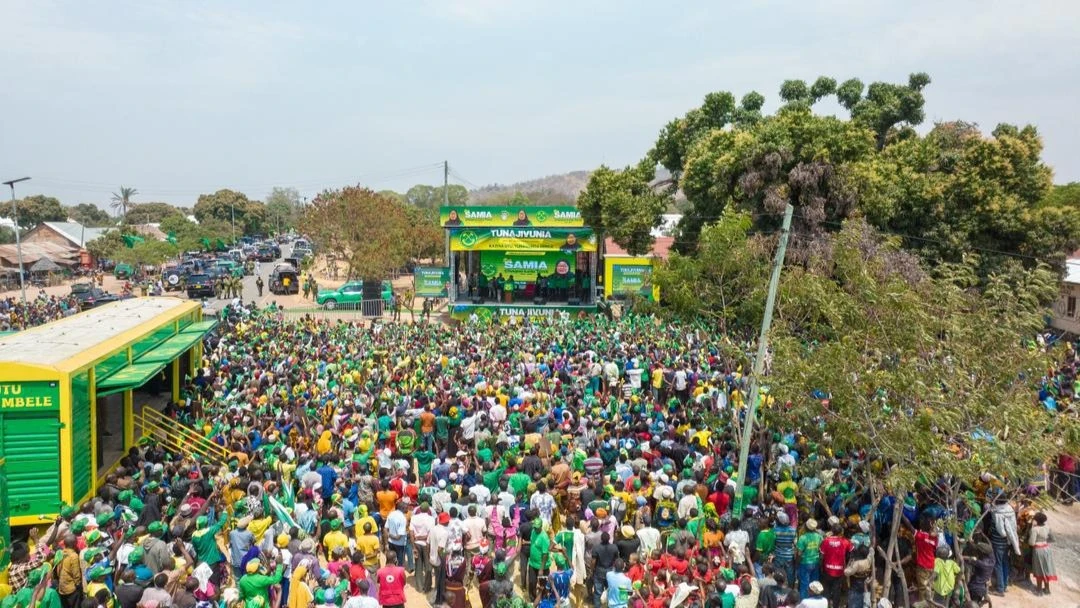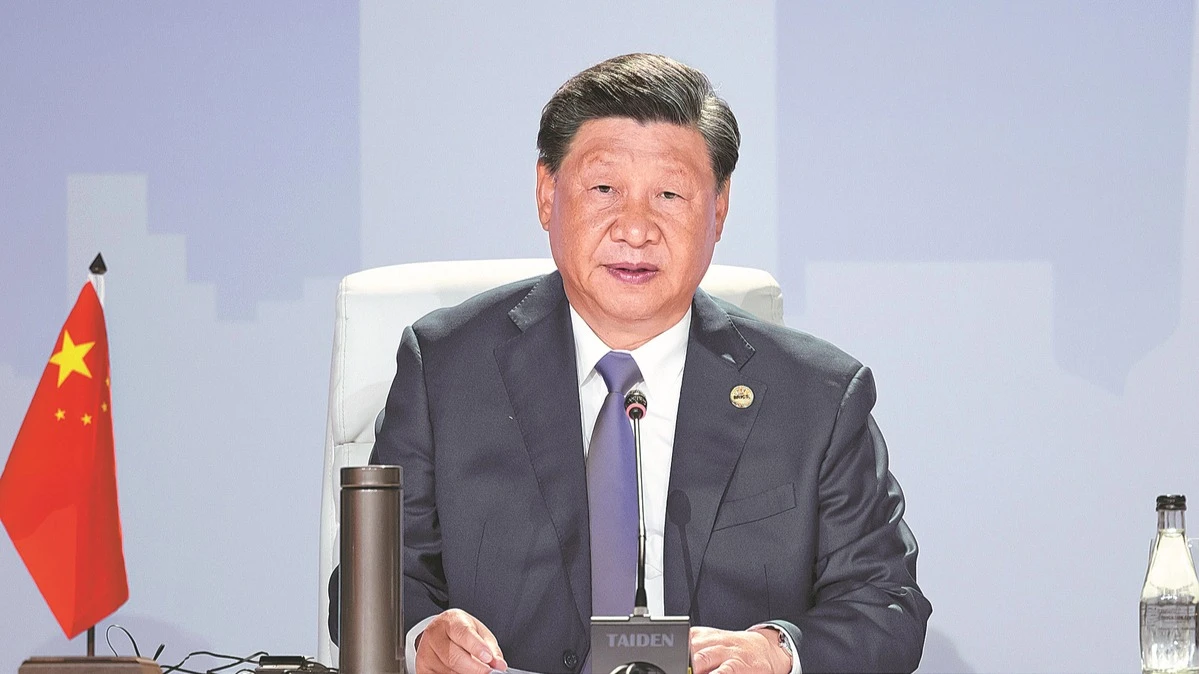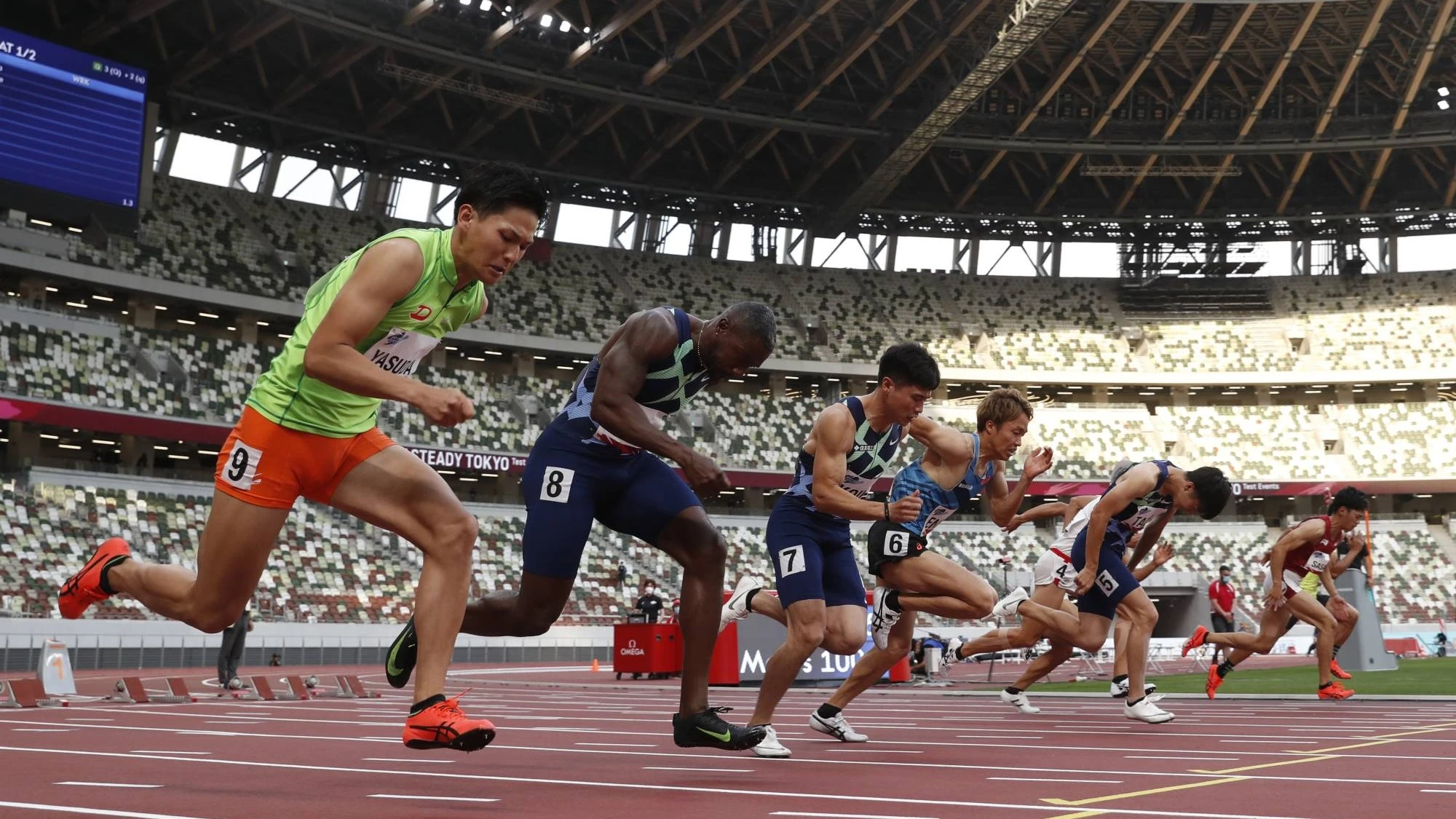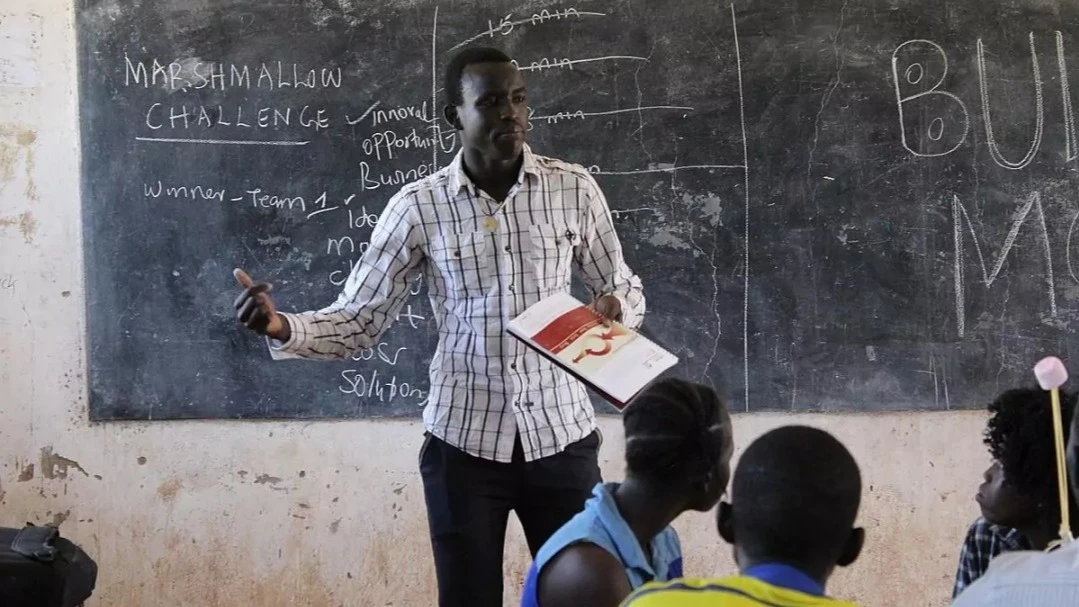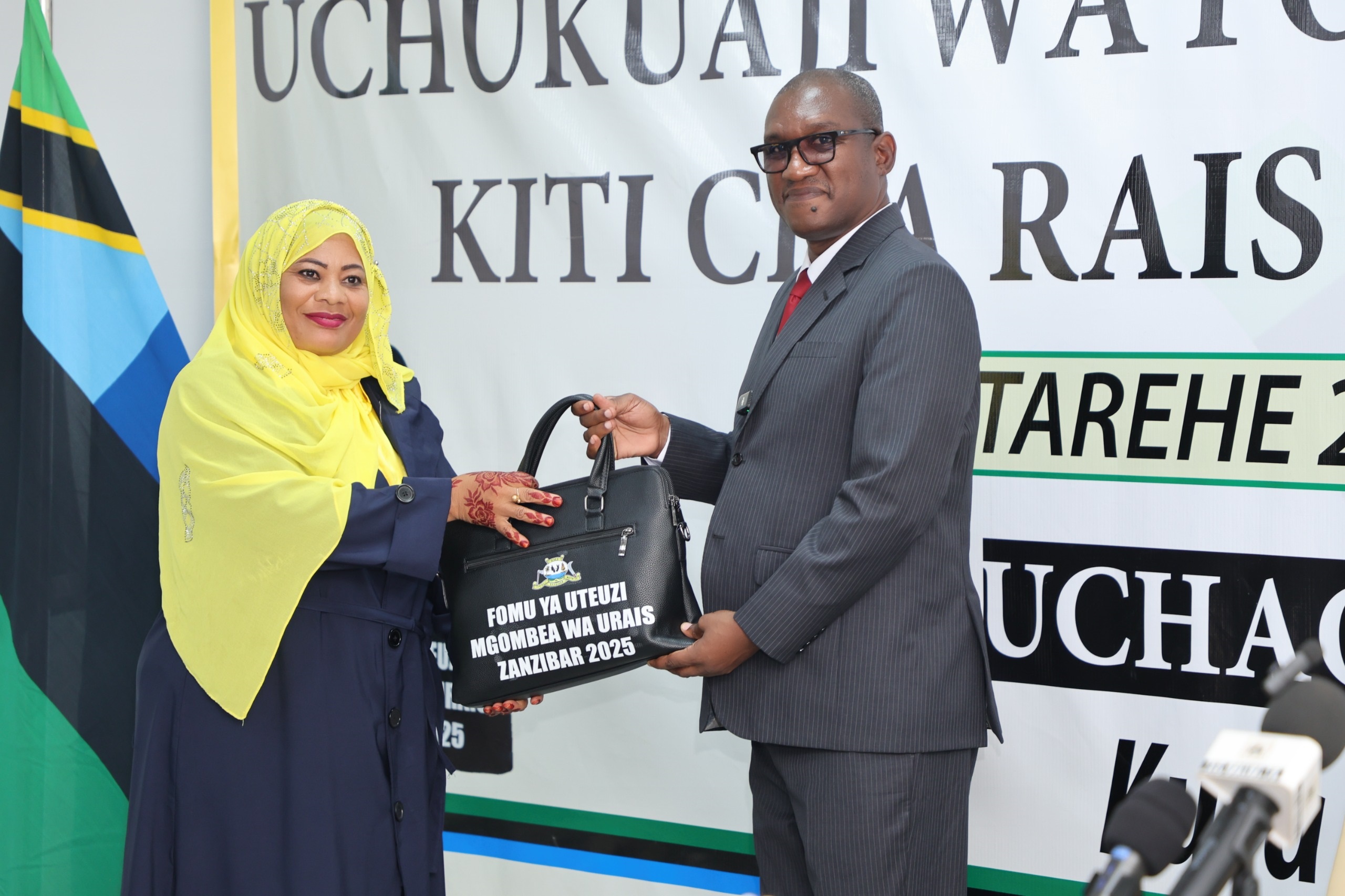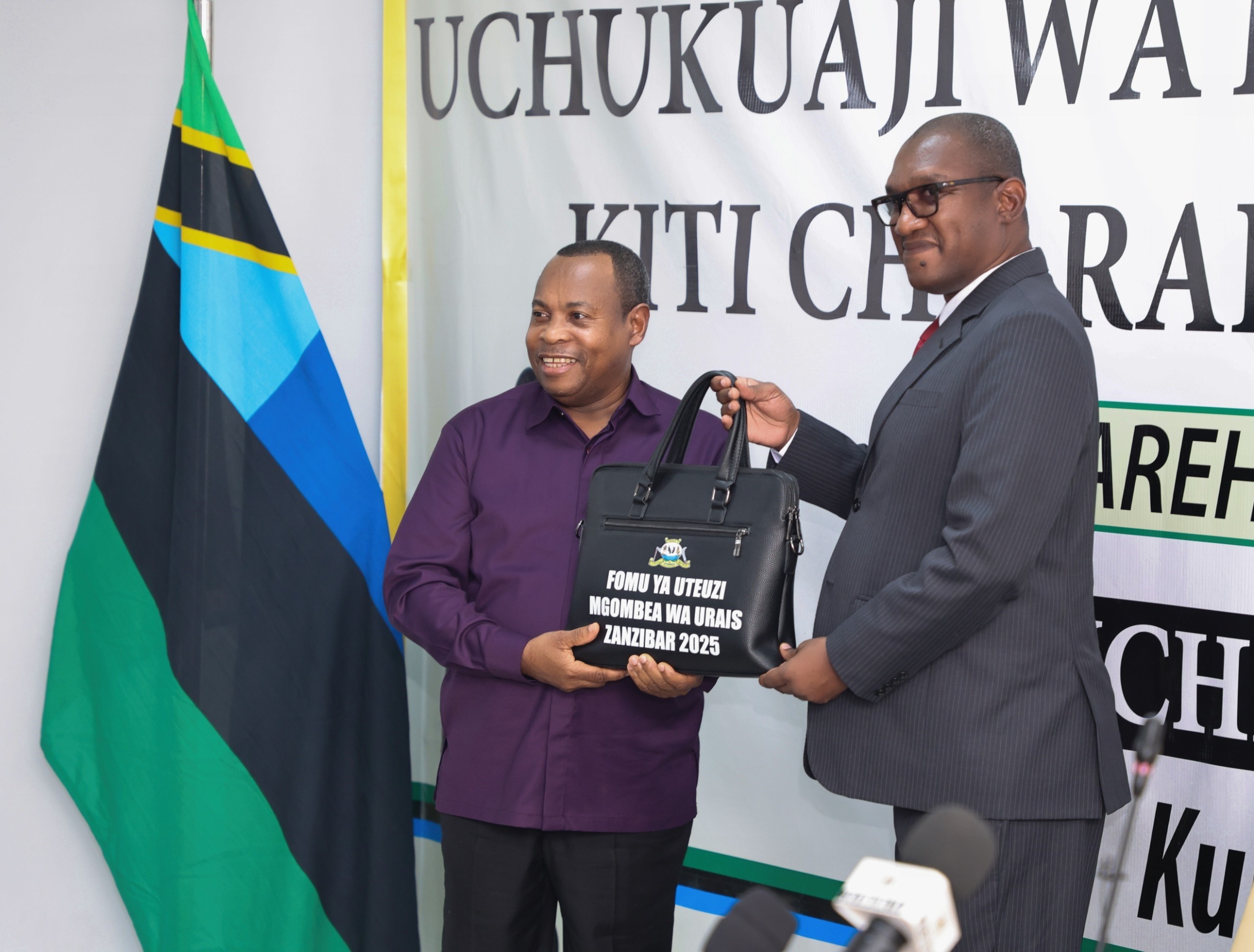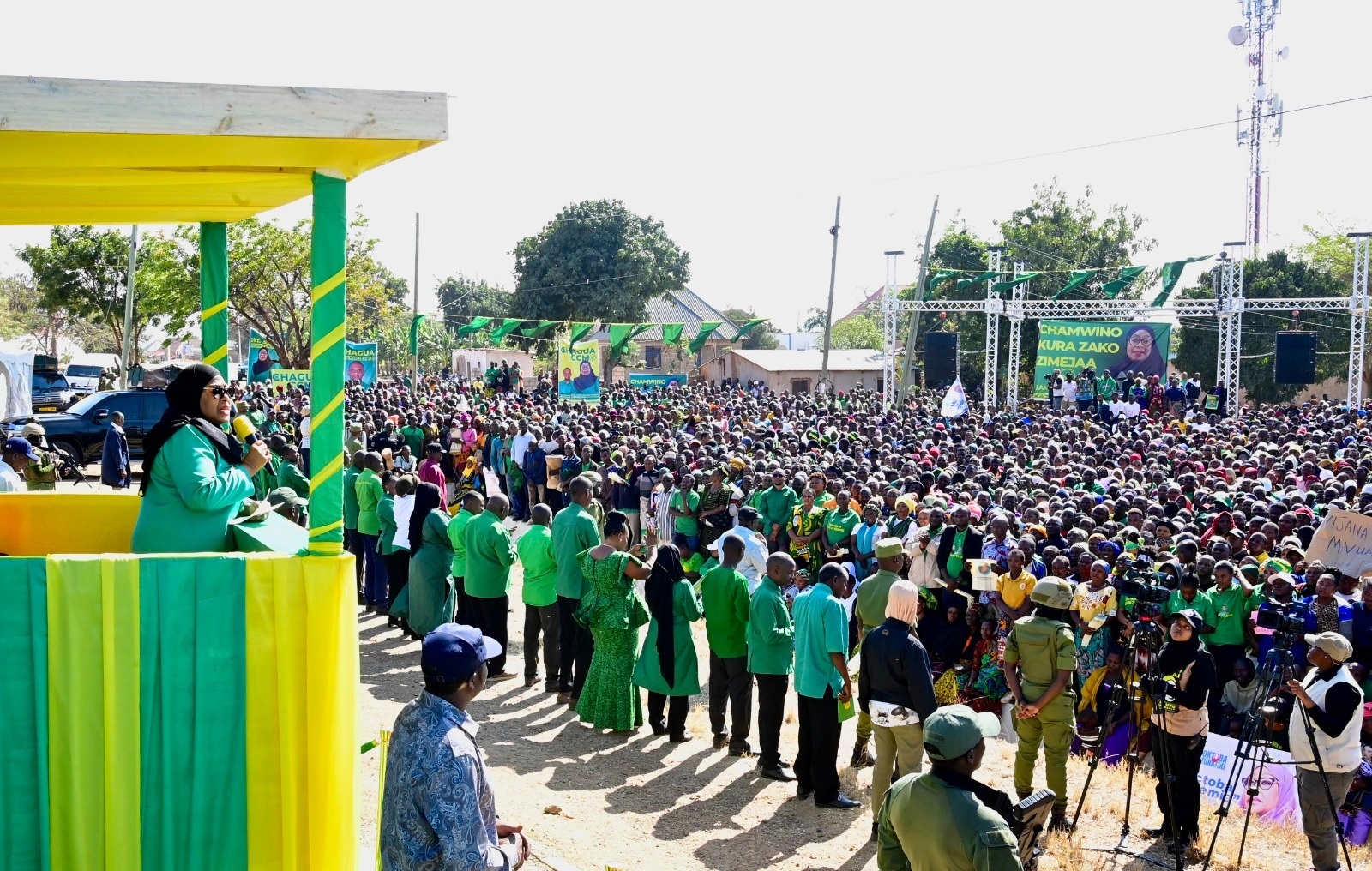TCRA taking up election stages content coverage
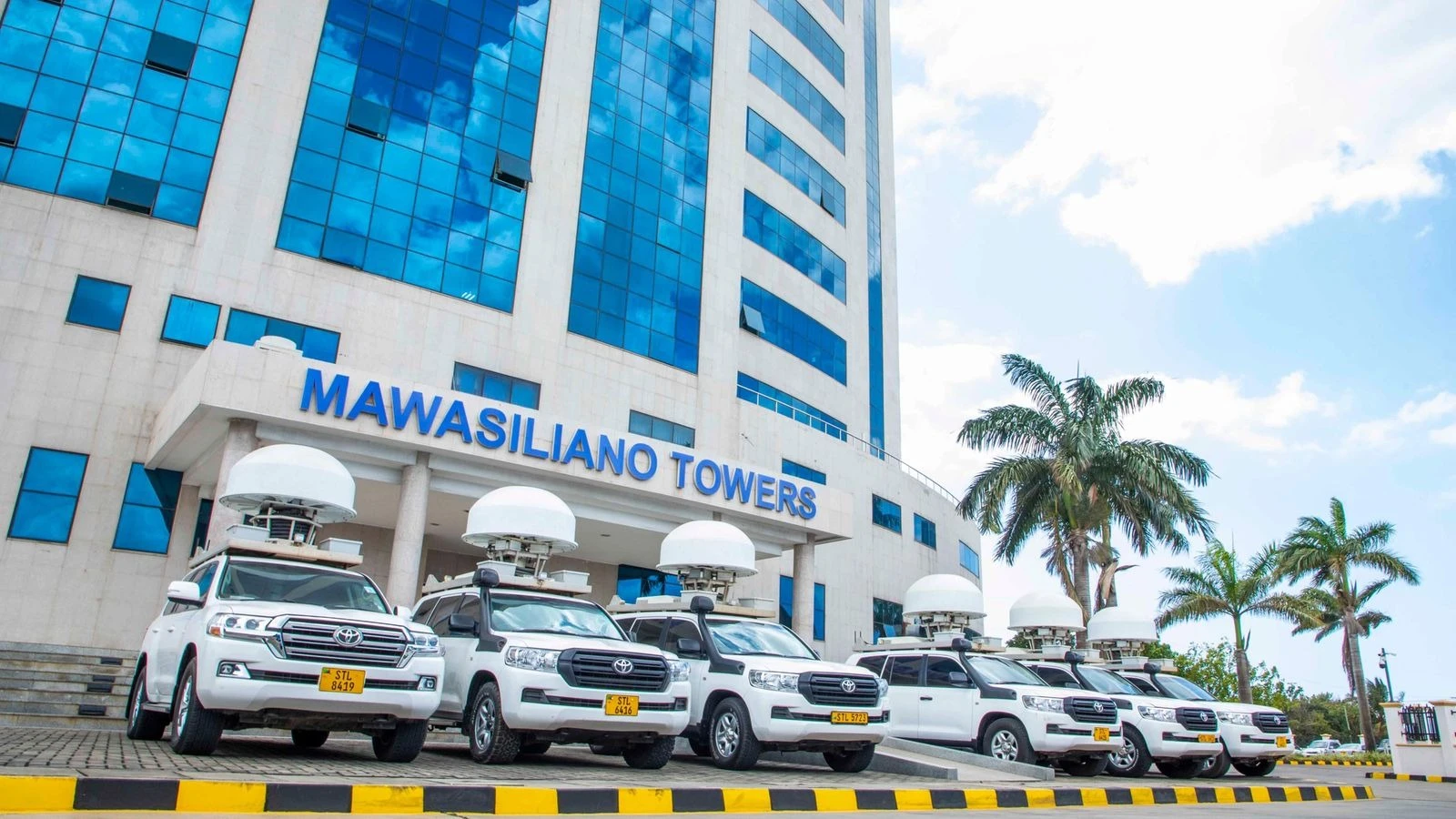
THE Tanzania Communications Regulatory Authority (TCRA) is actively collaborating with election coverage stakeholders to educate content providers on responsible election coverage, the regulator has declared.
Semu Mwakyanjala, the TCRA corporate communications officer, makes this affirmation in a statement attached to the current issue of ‘The Regulator’ magazine, urging radio and television content providers to uphold professionalism and ethics during the upcoming General Election. Pointing at the critical role of broadcasters in ensuring transparency and enabling voters to make informed choices, he said the content coverage rules relate to all stages of the electoral process, “from the nomination of candidates to campaigning, voting, announcement of results and post-election activities.”
Service providers are also expected to follow the Political Parties Elections Code and other relevant regulations, he said, noting that the code, reviewed each general election cycle, ensures equitable and balanced broadcasting of political messages, promotes professionalism and ethics, along with enhancing transparency.
It covers areas such as news and programme presentation, political debates, opinion polls, polling day broadcasting, political advertisements, campaign coverage and the role of online media, the statement indicated.
The code also outlines a complaints-handling mechanism to address grievances related to election broadcasting, such that by following these regulations “broadcasters can contribute to free, fair and transparent elections while helping citizens make informed choices that strengthen democracy,” he stated.
Articles published in the latest edition of the magazine highlight how communications service providers, including telecom companies, support political parties in conveying messages, exchanging documents and conducting transactions effectively.
These services are essential for smooth electoral processes, with traditional and online radio and television service providers the key public educators and facilitators of transparency, it stated, elaborating that by reporting facts objectively and without bias, broadcasters help voters understand candidates, parties and policies.
“One of the key responsibilities of broadcasters during elections is to educate, inform and entertain while maintaining professionalism in a politically charged environment,” it explained, stressing that media obligations during elections are guided by six key principles designed to uphold democracy.
“Broadcasters act as information sources, observers of the electoral process and watchdogs who scrutinize political players to ensure transparency. Professionally presented content allows voters to evaluate candidates and party policies, enabling informed participation at the ballot box,” the magazine explained.
“All content must be sourced and processed in accordance with ethics, professionalism and appropriate regulations. This includes adherence to broadcasting rules, guidelines and laws governing political content. Broadcasters are required to protect public interest, safeguard peace and security and make the election process transparent,” it added.
Top Headlines
© 2025 IPPMEDIA.COM. ALL RIGHTS RESERVED









